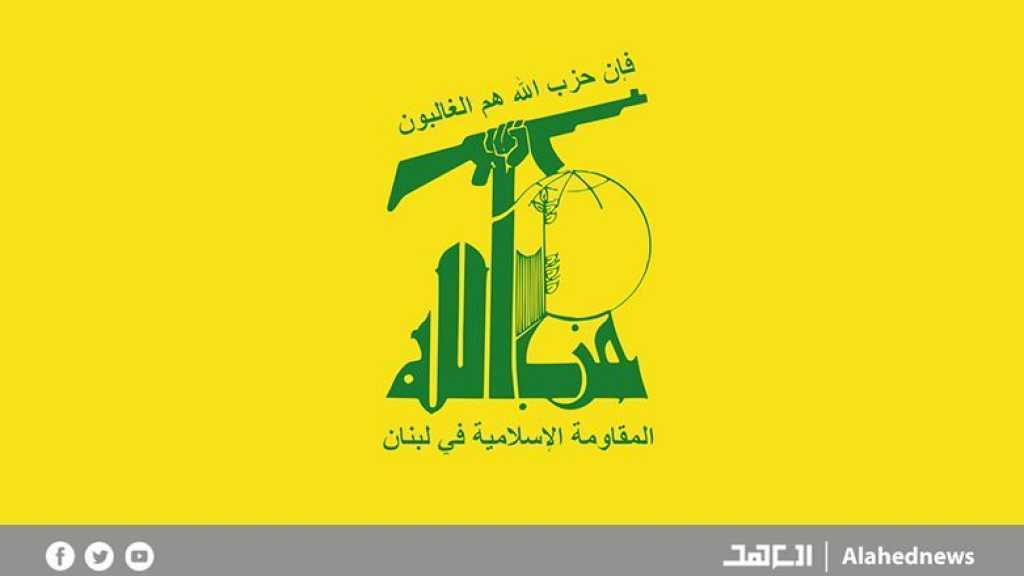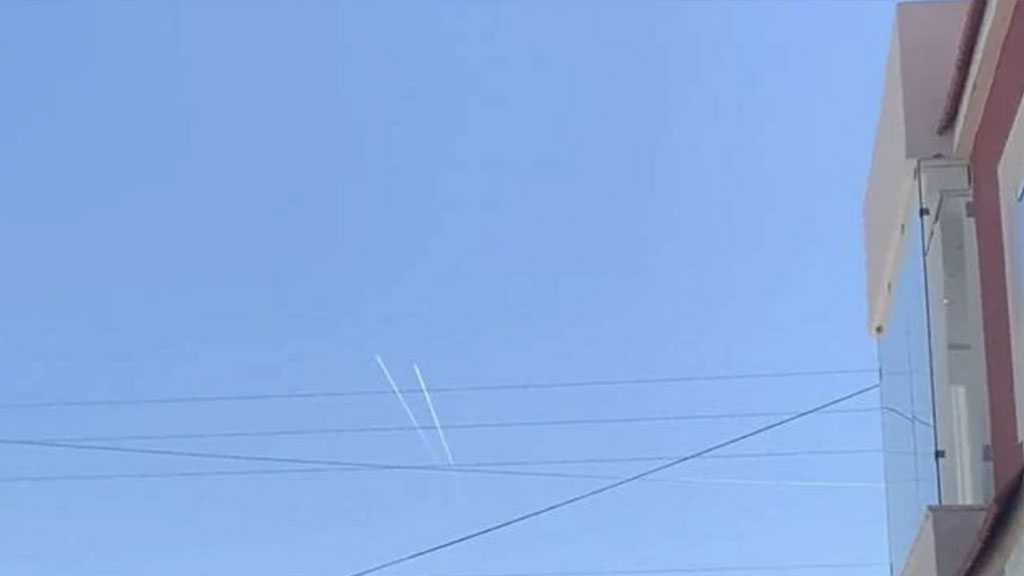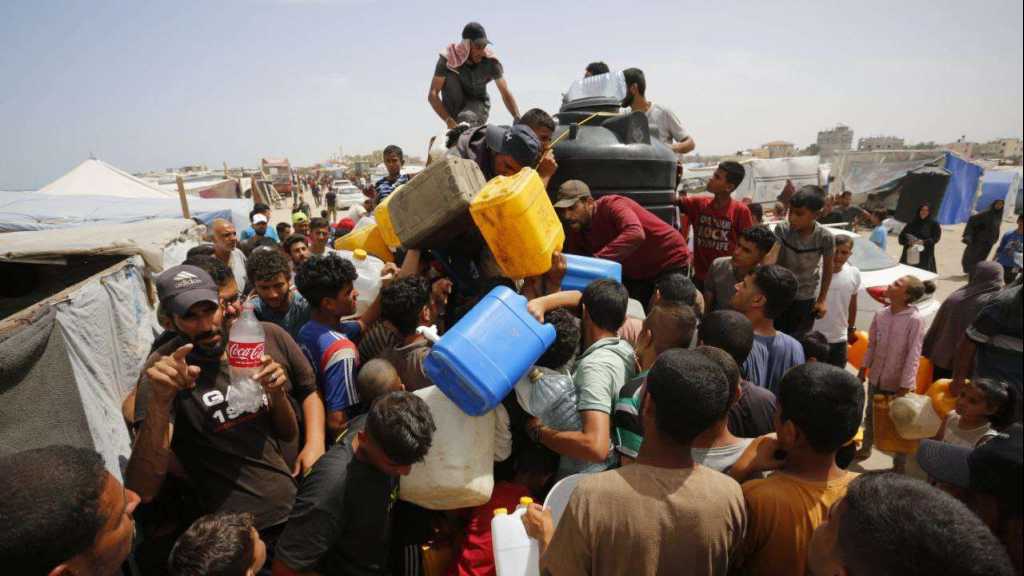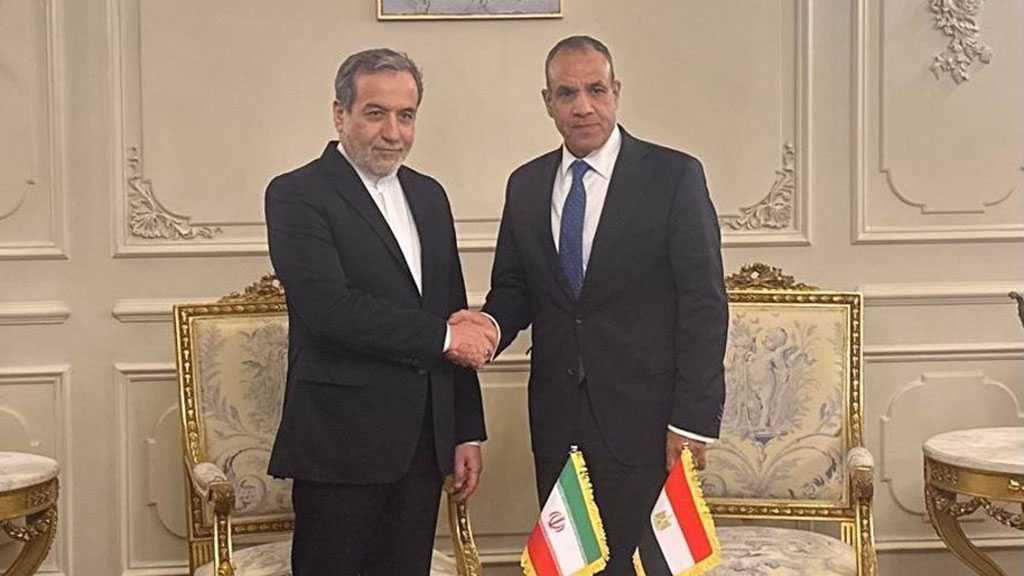
Attacks on Gaza Hospitals Bring Healthcare System to Its Knees
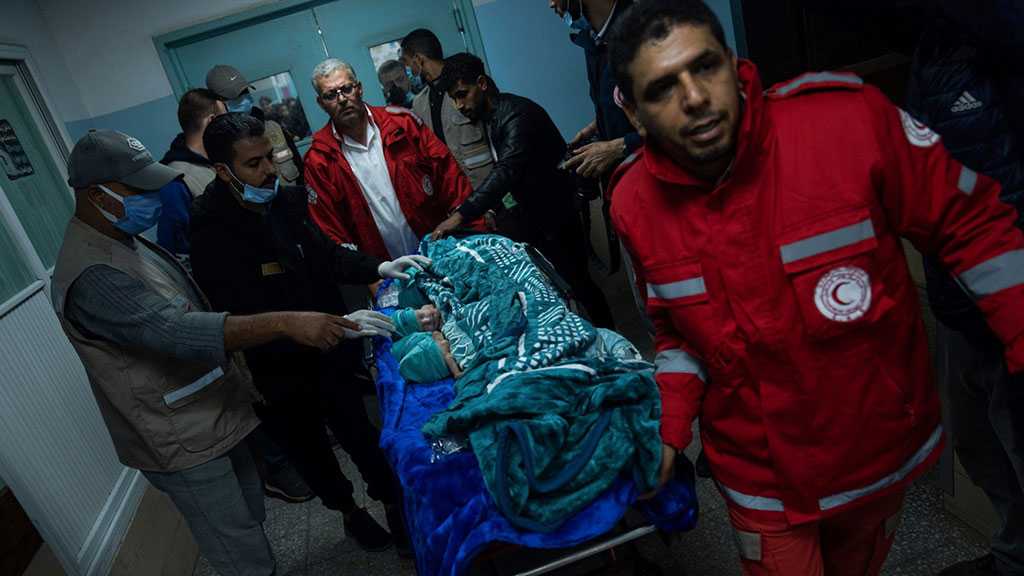
By Staff, Agencies
Ongoing “Israeli” attacks targeting health facilities in the Gaza Strip have put all hospitals in the north out of service, pushing the healthcare system to its knees.
The latest “Israeli” bombing on Tuesday targeted al-Awda hospital, located in Jabalia, north of Gaza City, leaving at least four doctors dead, according to the Palestine Red Crescent Society [PRCS].
The Indonesian Hospital, located in Beit Lahia in the northern Gaza Strip, was struck on Monday in an attack that left at least 12 people killed and others wounded.
The World Health Organization [WHO] said it was “appalled” by the attack.
For six weeks, Palestinian hospitals and medical staff in the Gaza Strip have faced similar attacks and threats by “Israeli” forces on a near-daily basis.
The targeting of hospitals, combined with shortages of fuel, clean water and medical supplies – caused by the “Israeli” siege of the Strip – has forced many medical facilities to cease operations.
According to the WHO, close to 75 percent of all hospitals in the Gaza Strip are no longer operational.
Ashraf al-Qudra, the Palestinian Ministry of Health spokesperson in Gaza, said on Tuesday that all hospitals in the north are now out of service, leaving hundreds of thousands of people in those areas without access to basic medical services.
The WHO said it recorded 335 attacks on health care in the occupied Palestinian territory since 7 October, including 164 attacks in the Gaza Strip and 171 attacks in the West Bank.
Since 8 October, the “Israeli” entity has banned the entry of electricity, fuel, food and water into Gaza.
Hospitals have repeatedly come under threat since the start of “Israel’s” bombardment campaign.
At least 22 hospitals, including some in the south, were told by the “Israeli” army to evacuate or be targeted.
The majority of doctors refused to comply with these orders, citing a lack of safety measures for patients and any guarantee of return.
As the “Israeli” army expanded its ground attacks in Gaza, tanks and infantry forces encircled several hospitals in Gaza City and northern Gaza.
Patients and thousands of people taking shelter in these hospitals were eventually forced out at gunpoint, including at al-Shifa hospital, the al-Rantisi and the Indonesian Hospital, among others.
During the sieges on hospitals and subsequent forced expulsions, no aid or safety measures were provided for patients or medical staff, according to eyewitnesses.
Those trapped in hospitals – without food, water or electricity – included premature babies in incubators, ICU patients, people wounded from air strikes and elderly patients undergoing dialysis treatment.
Under these conditions, at least 50 patients died during the siege on al-Shifa hospital alone.
Hundreds of patients remain besieged in al-Shifa and the Indonesian Hospital as of Tuesday, according to al-Qudra.
In the few hospitals still functional in the south – most operating only partially – health officials say they are working under extreme conditions.
Doctors are overwhelmed by the high number of wounded people and lack of medicine and medical supplies. In some instances, surgery was performed on people without anesthesia.
The UN Office for the Coordination of Humanitarian Affairs [UNOCHA] says hospitals face critical shortages of drugs, blood products and other medical supplies.
In addition, hospital halls are filled with the injured and the displaced as there are no beds for them.
According to the WHO, hospital bed capacity in Gaza has dropped from 3,500 to 1,400 beds since 7 October.
Over 30,000 people have been wounded in “Israeli” air strikes in the past six weeks – 70 percent of them women and children.
In addition to lacking fuel, medical supplies and capacity, hospitals are also losing healthcare professionals in “Israeli” air strikes.
At least 200 doctors, nurses and paramedics have been killed so far.
“Israeli” attacks have killed at least 13,300 Palestinians in total, including 5,600 children and 3,550 women, according to Palestinian officials.
At least 6,000 others are missing, believed to be dead under rubble or gunned down by “Israeli” soldiers in no-go zones that have been cut off by ground incursions.
The “Israeli” entity started its war on Gaza on October 7 after resistance groups launched Operation al-Aqsa Flood in response to the regime’s intensified crimes against Palestinians.
The entity has also blocked supply of water, food, electricity, and medicines to Gaza, plunging the coastal area into a humanitarian crisis. The regime has been defying global calls for a ceasefire as well.
Comments
